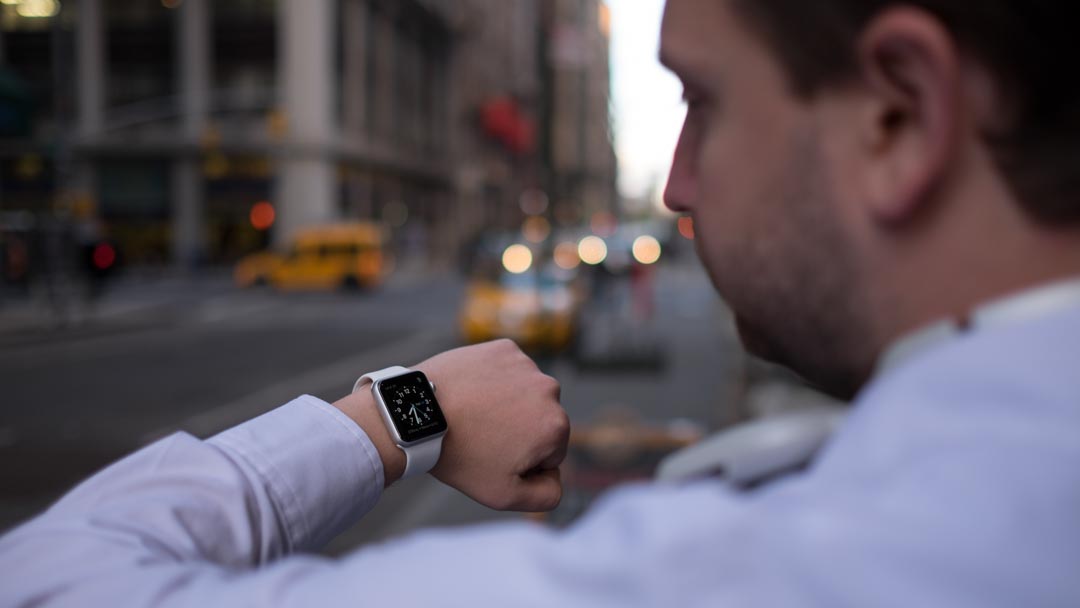Could an Apple Watch detect a stroke before it happens? Scientists need your help
Take part in the mRhythm study

Can an Apple Watch detect abnormal heart rhythms? That's the question a team of scientists hope to answer with the help of a new app.
The mRhythm study, which is led by Greg Marcus and José Sanchez, hopes to use the built-in heart rate sensors on the Apple Watch and Android Wear devices to detect atrial fibrillation, which can be the precursor to a stroke.
This is when the different chambers of the heart beat at different rate, in a behaviour that the scientists describe as 'disorganised'. Atrial fibrillation is treatable with current medicine – but the challenge is detecting it before the patient has a stroke.
To do this, researchers have been working on a 'deep learning' algorithm, and training it to spot dodgy rhythms by feeding it data. And this is where you come in: in order to make the algorithms robust and reliable, they need to feed in more heart data.
It's essentially applying the same principles that underlie, say, speech recognition software or the Google computer that just beat the world's best human player at Go.
Cardiogram
To collect the date, the researchers have created an app called Cardiogram. All you have to do is install it (iOS, the Android app is currently in beta) on your heart monitoring-enabled wearable of choice, and it will collect data and feed it back to the scientists.
You'll also be asked to complete a survey about your health – but the form filling will surely be worth it if you contribute to a medical breakthrough, right?
Get daily insight, inspiration and deals in your inbox
Sign up for breaking news, reviews, opinion, top tech deals, and more.
It's easy to imagine that when this technology is robust, it would be possible for Apple to build in the ability for the Apple Watch to not just detect problems before strokes occur, but also summon assistance automatically.
You can find out more on the mRhythm Study website.